Intracavitary Radiation Therapy – ICRT
ICRT brachytherapy is used in addition to EBRT in a regimen of treatment for cervical cancer. In rare early-stage cerQvical cancers cases, it can be used in isolation. ICRT radiation is predominantly used for monocytic tumors.
What is intracavitary radiation therapy?
ICRT radiation therapy treats cancer detected in the hollow organs – sinuses, cervix, rectum, vagina or endometrium. The source of radiation is placed inside the affected body cavity adjacent to the malignant tumor.
ICRT brachytherapy is used as a part of the main treatment or solo treatment depending on the stage of cervical cancer:
- ICRT follows external radiation or surgery in some cases. Sometimes intracavitary radiation therapy is combinedn with chemo in concurrent chemoradiation treatment.
- For metastasized cervical cancer or relapsed cases, ICRT radiation therapy is used.
What are the side effects of intracavitary radiation therapy?
- Irritation, redness and soreness in the vagina.
- There may be irritation in the vulva.
- Radiation-induced adverse events.
- Vaginal stenosis or scar tissue formation.
- Rectal bleeding, rectal stenosis.
- Weakened bones around the pelvis and swelling of the legs.
What are the benefits of brachytherapy?
- Suggested treatment for patients with solitary recurrent cysts after previous treatments
- Suggested for patients for whom surgery needs to be avoided.
- No complications like pulmonary emboli.
- Decreased patient discomfort.
- Better, continuous, and reproducible alignment of source positioning through applicators.
- Better control over the accuracy of dose as the movement of internal organs and patient is absent.
How long does the implant stay in the body?
The duration for which the implants are left in the body depends on the dose rate of ICRT radiation. The dosevrate is dependent on factors like the type of cancer, its location, the patient’s general health and past treatments.
A high dose rate (HDR) implant is placed only for a few minutes, while a low dose rate (LDR) implant may be left in place for 24 – 72 hours with continued hospitalization for the patient.
How is brachytherapy delivered?
Patients with cervical cancer may or may not have had their uterus removed through hysterectomy.
- For patients who have had a hysterectomy, the radioactive source is placed in a tube in the vagina.
- For patients still having a uterus, the radioactive source is placed:
- In tandem with ovoids; or
- In-ring/disc in tandem.
How do doctors know if the radioactive material is going to the right place?
The implant procedure is done surgically in an operating room to ensure that the radioactive material is going at the right place. The patient will get anaesthesia, general or local, depending on their health. Once the implants are placed in the body cavity with an applicator in the form of a metal or a plastic catheter, 3D imaging pinpoints the exact location of the affected region and the proper place for implants.
Does brachytherapy require a hospital stay?
The high dose rate (HDR) ICRT brachytherapy does not require a hospital stay. The patient can receive the treatment in the daycare center. An HDR implant is placed only for a few minutes. However, if a low dose rate (LDR) implant is used for ICRT, they are left in place for 24 – 72 hours, and the patient needs hospitalization.
Why choose Yashoda Hospitals for brachytherapy?
The oncology and radiology teams at Yashoda Hospitals are experts with a combined experience of hundreds of years between them. The radio-oncology department at the Yashoda Cancer Institute are experts with the best training and use the latest and safest ICRT radiation techniques for maximum results. The courteous and professional staff make your stay during the treatment as comfortable as possible in their rooms, daycare centers, and ICUs.
Patient Testimonials For Cancer



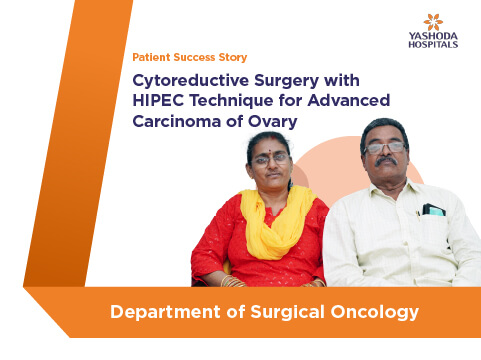
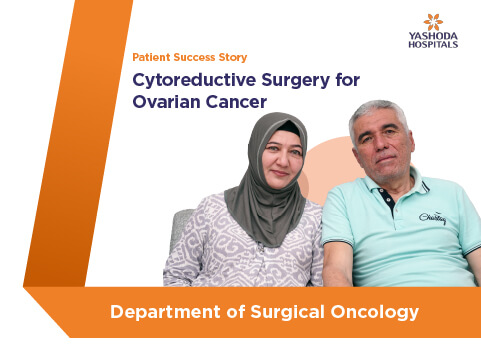
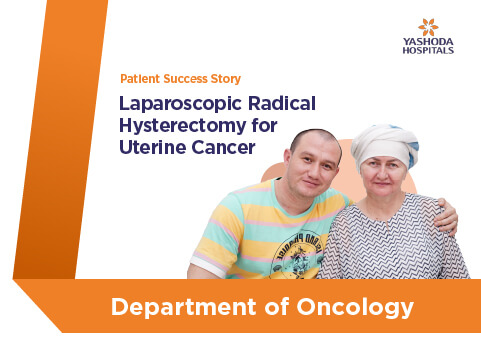





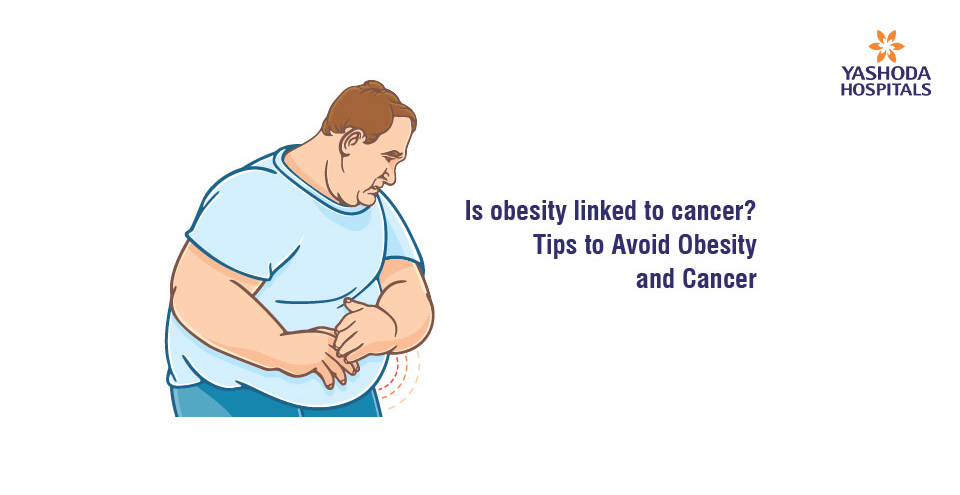

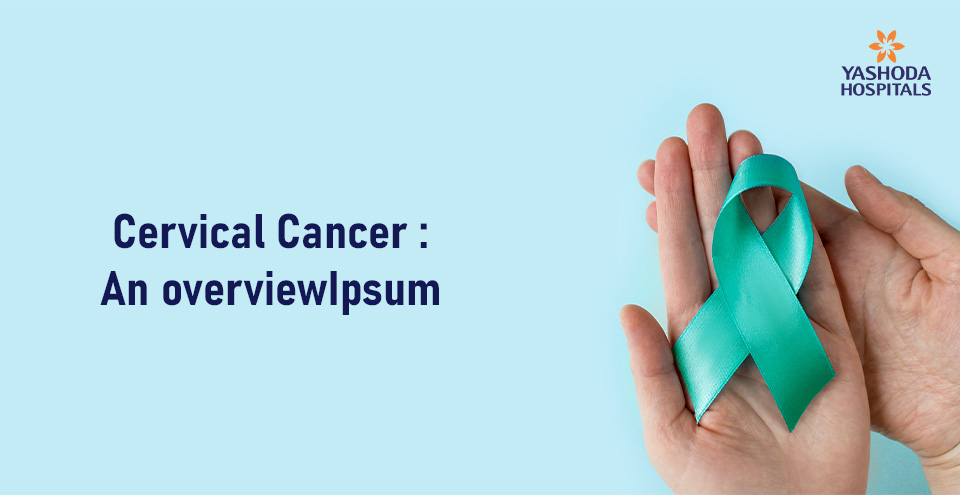
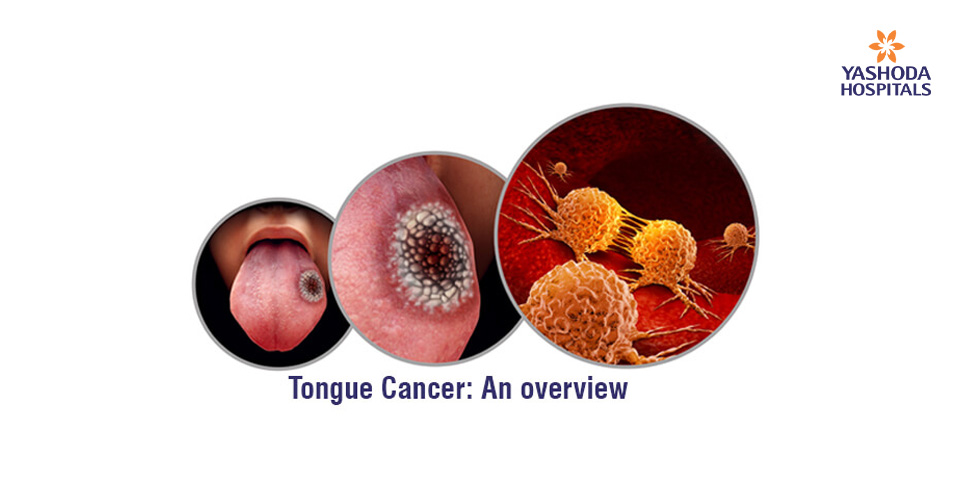
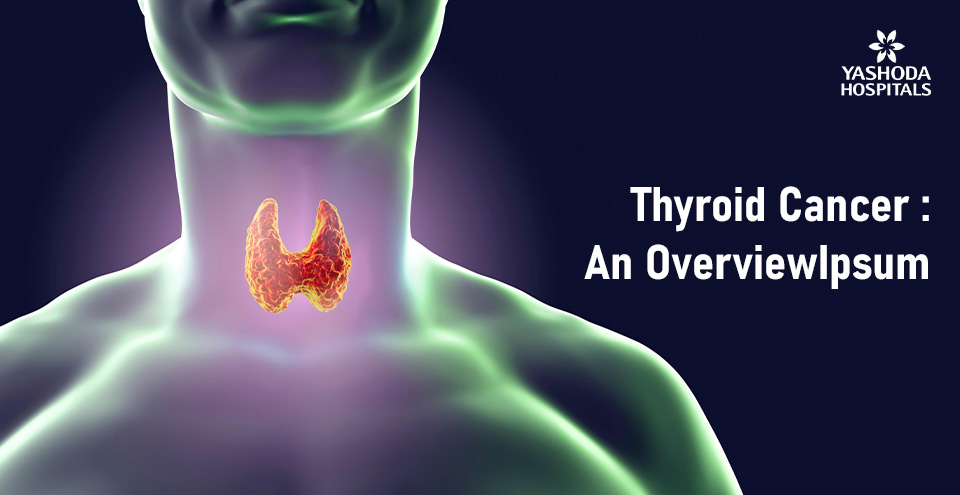
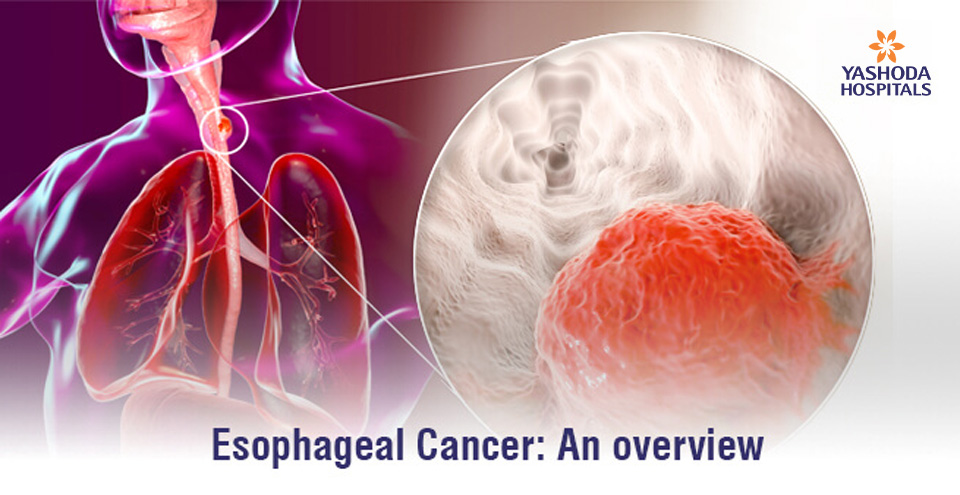
 Appointment
Appointment WhatsApp
WhatsApp Call
Call More
More

